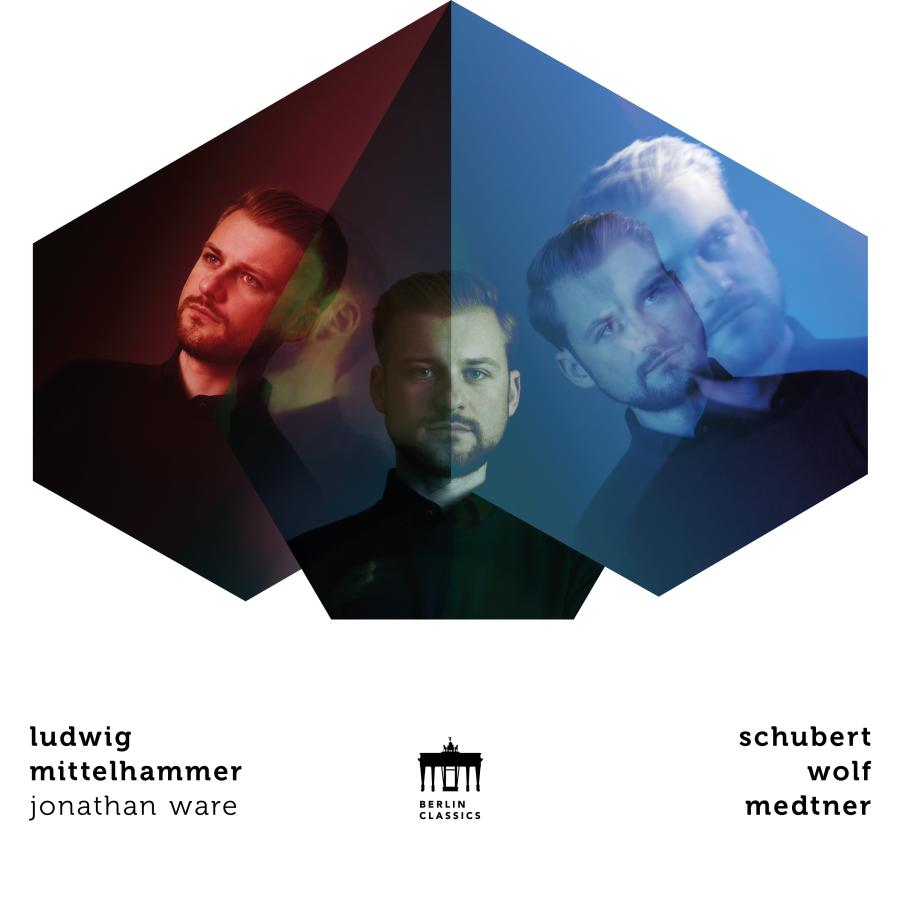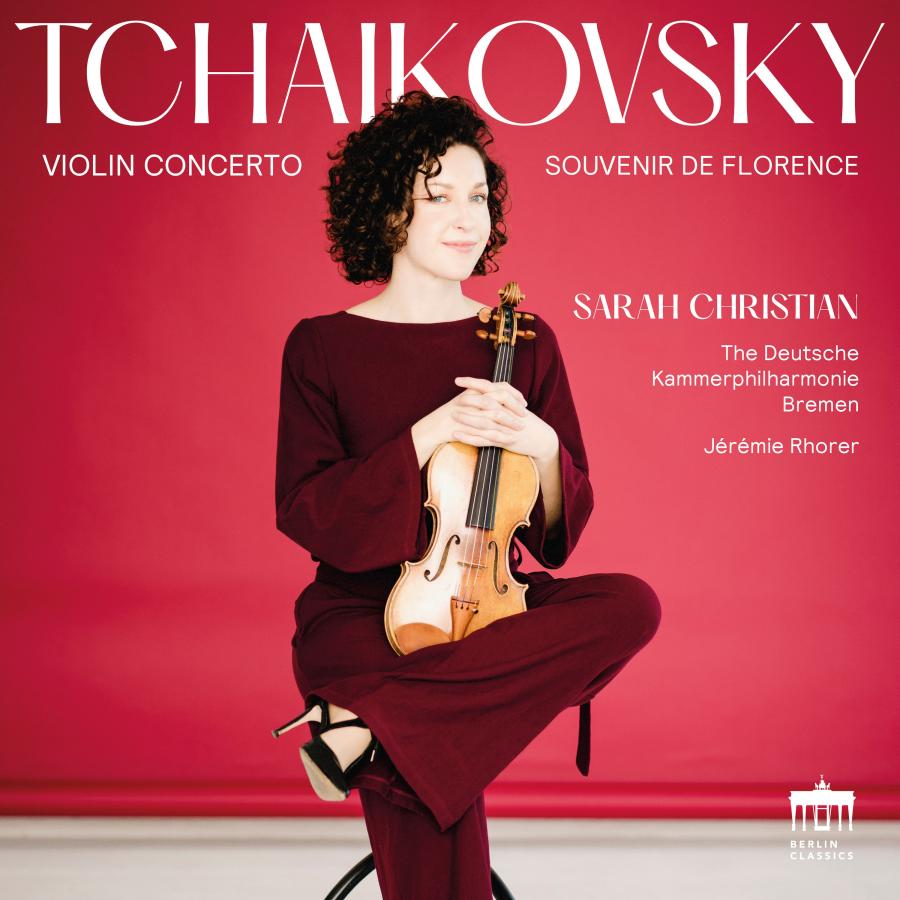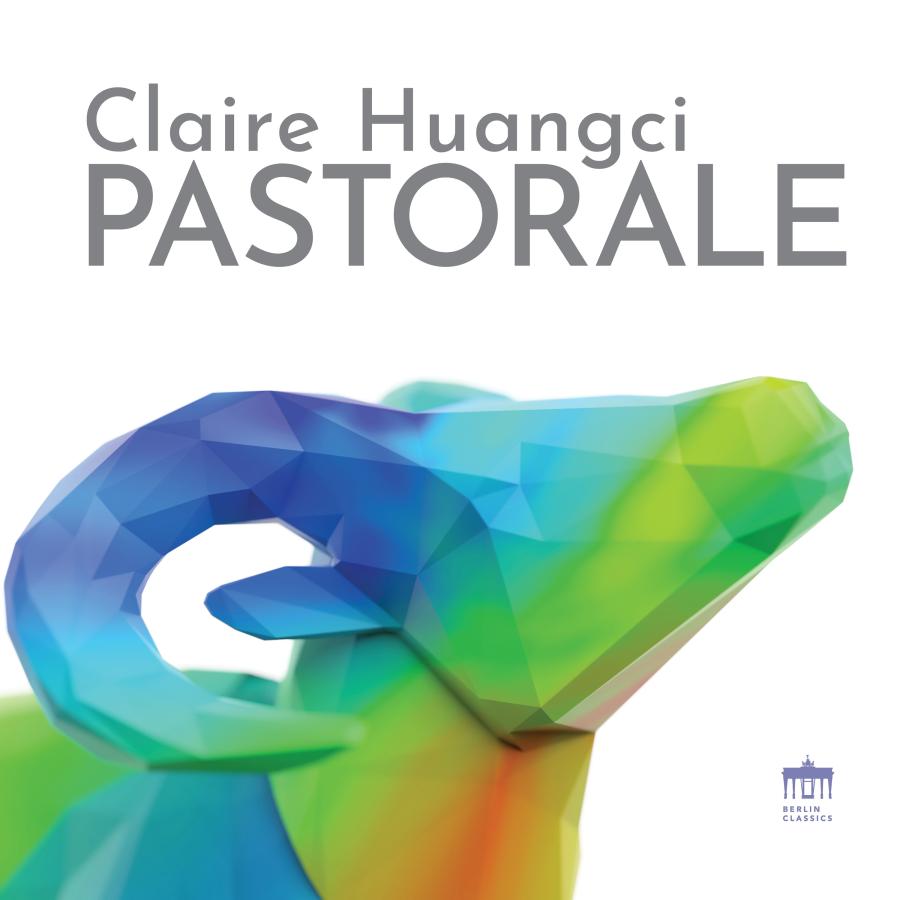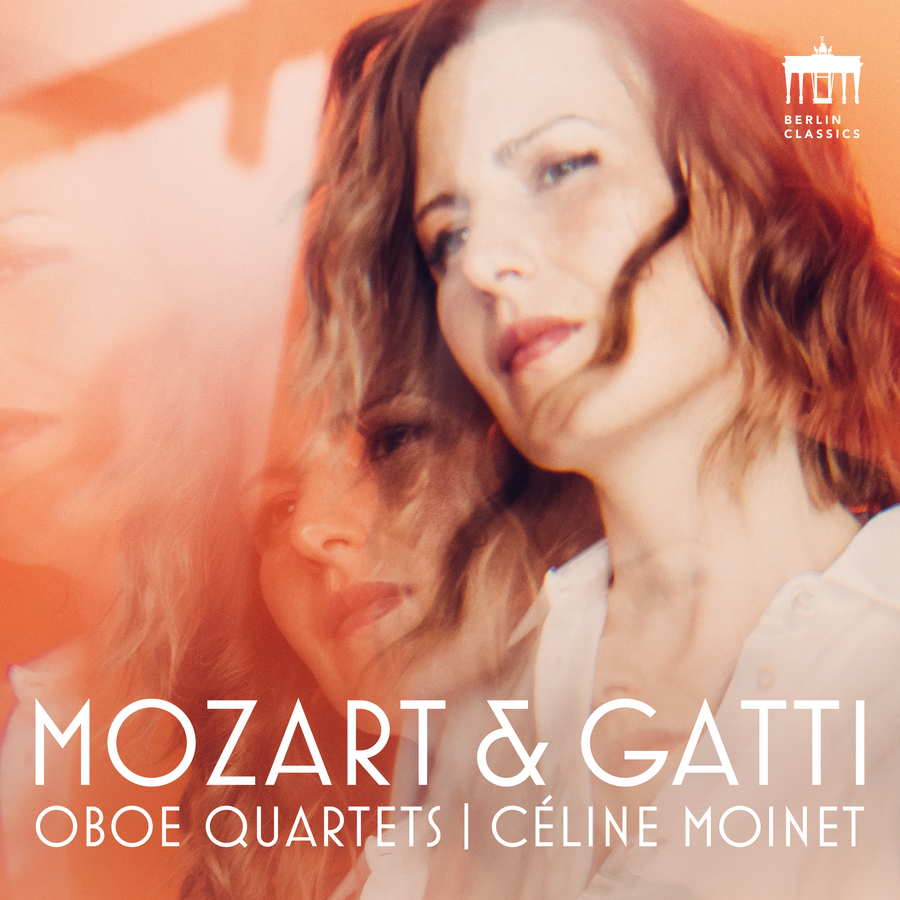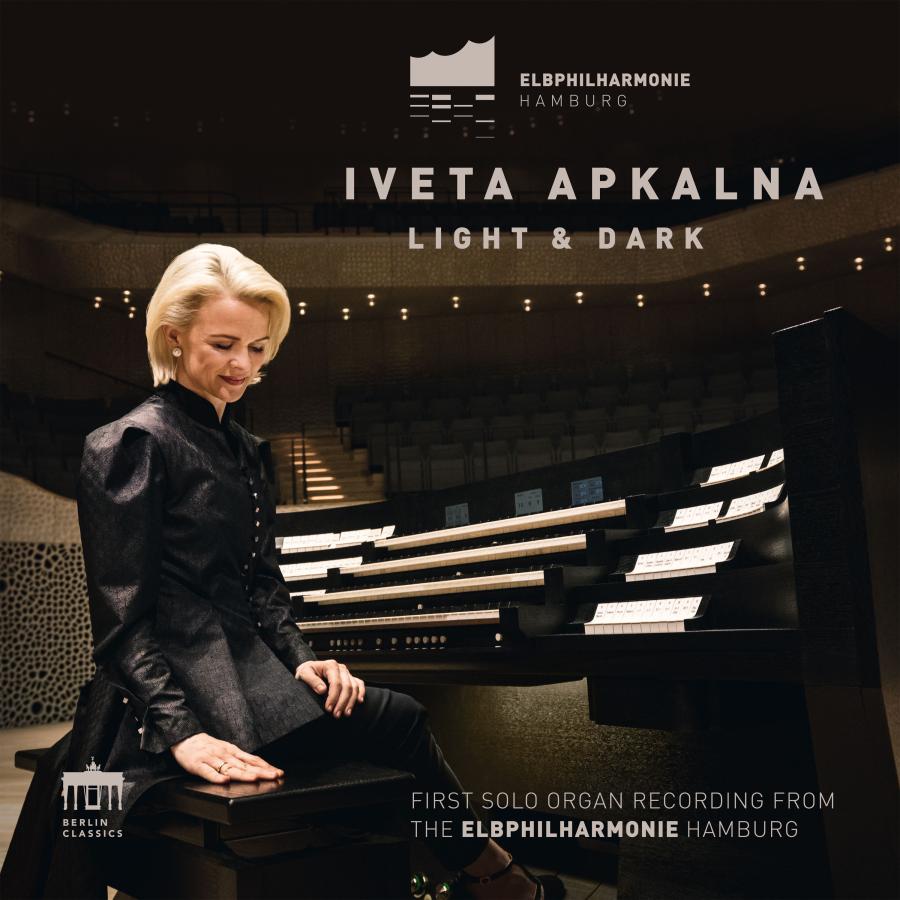Three composers, two performers and centre stage a young, and sometimes sensitive protagonist. Baritone Ludwig Mittelhammer and pianist Jonathan Ware interpret songs by Franz Schubert, Hugo Wolf and Nikolai Medtner. This is the debut album of a young singer of whom great things are expected.
Ludwig Mittelhammer recounts how he felt a close affiliation with Franz Schubert at an early age, when he was a member of the famous Tölz Boysʼ Choir. Right from the outset the Munich-born singer was clear that Schubertʼs songs would one day be part of his debut album. “I remember frequently hearing ʻSchöne Müllerinʼ at home, or simply some of Schubertʼs songs.” This gave him insights and ideas which he was able to integrate into his own interpretations of the works. His motto is one of a natural approach combined with authenticity: “It must never sound artificial.”
The starting point for his approach to a song is the poetʼs original text, as it would have been for the composer. “I start by trying, on a very fundamental and simple level, to work out what the lyrics are about. What is happening? Who is speaking? What sort of emotions does the poem overall invoke?” Especially when it comes to Hugo Wolf, who both Mittelhammer and Ware say subordinates the music to the lyrics like no other, this would seem like a sensible way of working. “At first I found Wolf very unwieldy, both as a singer and as a listener. It took me quite some time to work out how he composed – the fact that he tailored the rhythm of the music to the rhythm of the words, and that he laid the stress according to the emphasis in the lyrics – a fact that I now find really beautiful.” Nowadays, Mittelhammer describes Wolf as one of his favourite composers.
His musical partner at the piano is the Texan Jonathan Ware. Together the two have won such prizes as the 2014 song competition staged by the International Hugo Wolf Academy based in Stuttgart. “Itʼs like a game of ping-pong,” Ware explains, when the two collaborate. A spontaneous game of throwing ideas back and forth. It is thanks to Jonathan Ware that Ludwig Mittelhammer became aware of the third composer on the album: Nikolai Medtner. “We were looking for pieces for a Goethe song recital, and we needed something that would lighten up the Schubert-Wolf programme that we had worked out. He suggested Medtnerʼs songs to me. They are very virtuoso in the piano part and not always easy for me to sing, because they hit the very high and the very low notes – but they are musically so very interesting and really beautiful.”
After studying in Munich with Lang, Dutilly, Truniger and Elbert, and attending many master classes, with Dietrich Fischer-Dieskau and Brigitte Fassbaender among others, Ludwig Mittelhammer guested at some famous venues such as Londonʼs Wigmore Hall, the Philharmonie in Cologne and the Summer Festival in Bad Kissingen, and he recently gave his debut with the Cleveland Orchestra under Franz Welser-Möst. In his early 30s, he now feels it is time to release his debut album. “I would never be so arrogant as to say that I have interpreted these songs better or more correctly than everyone else; one simply cannot say that. But personally I do think that my performance on this album is the nicest.”



